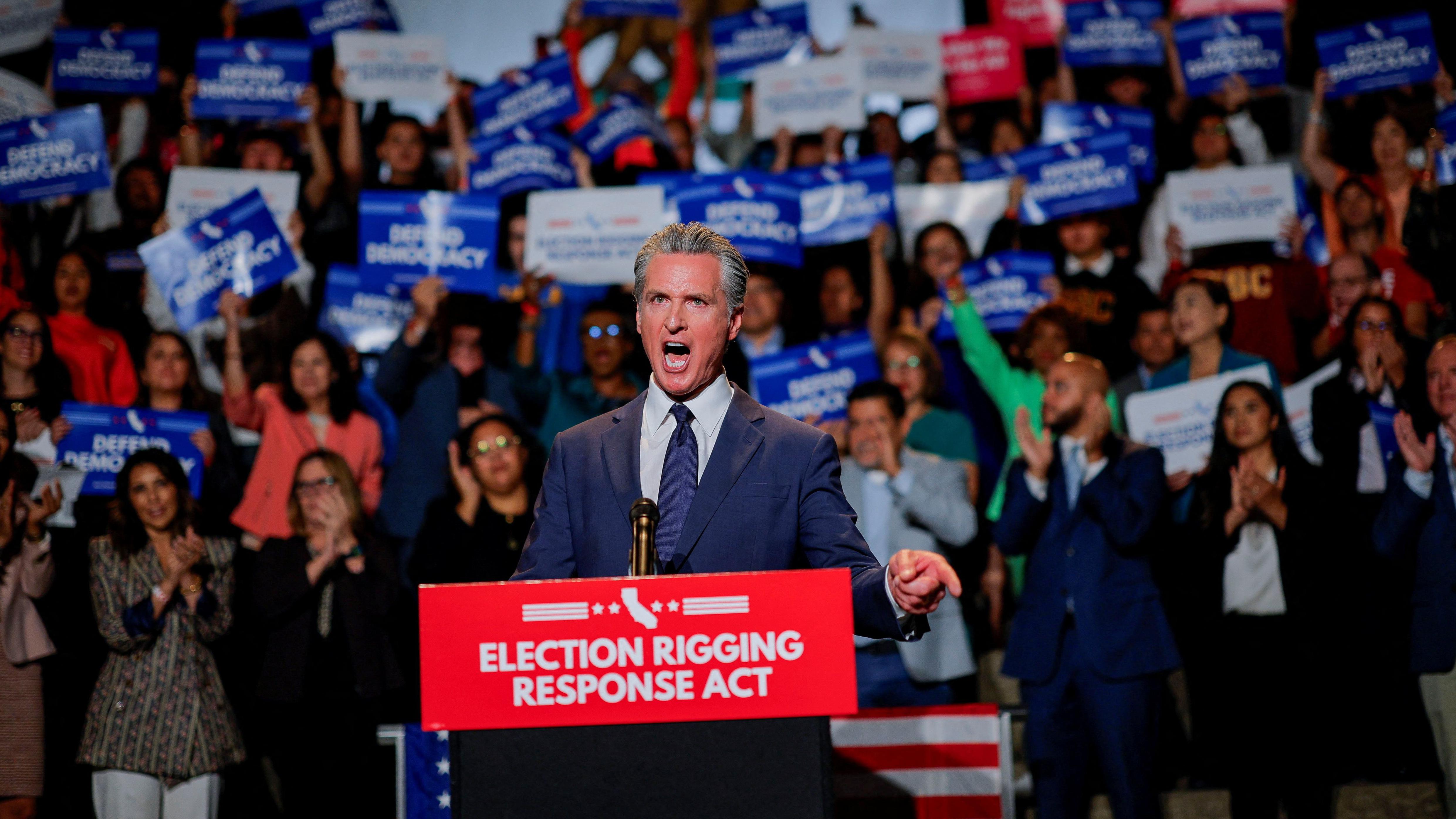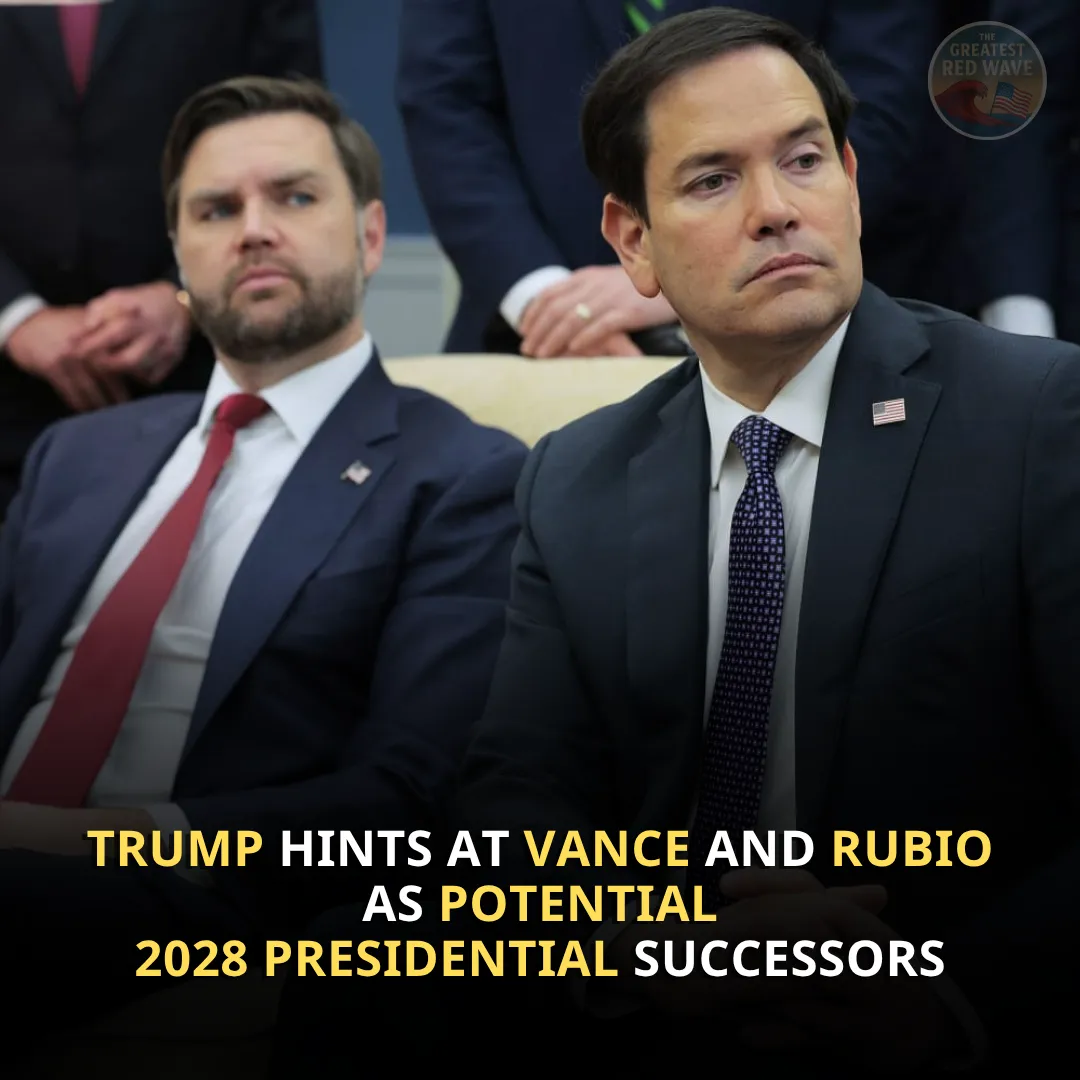California Governor Gavin Newsom’s bold plan to shift redistricting authority away from the state’s independent commission and back into the hands of lawmakers has run into a major obstacle: the voters themselves.
A newly released poll indicates that Californians across party lines want to preserve the state’s citizen-led commission, casting doubt on the governor’s ability to rally support for his controversial proposal.
The findings land at a pivotal moment as Newsom prepares to formally launch his redistricting campaign, which he argues is essential to counteract Republican-led efforts in Texas and other states. Yet, despite his confidence that voters will eventually align with him, the numbers suggest an uphill battle.
The POLITICO–Citrin Center–Possibility Lab survey reveals that 64 percent of registered California voters prefer to keep the independent redistricting commission in charge of drawing congressional maps. Only 36 percent back returning that responsibility to state legislators.
These numbers cut across party affiliations. Among Republicans, 66 percent favor keeping the commission intact, while 61 percent of Democrats and an even higher 72 percent of independents share the same view.
Support for the legislature taking control is low across the board, with just 28 percent of independents backing such a move.
Political insiders appear divided along predictable partisan lines, though the margins are notable. Ninety-one percent of Republican policy influencers surveyed support the commission’s authority.
Meanwhile, a slim majority of Democratic influencers — 51 percent — say the legislature should take over. That narrow edge underscores how polarizing Newsom’s proposal is, even within his own political base.
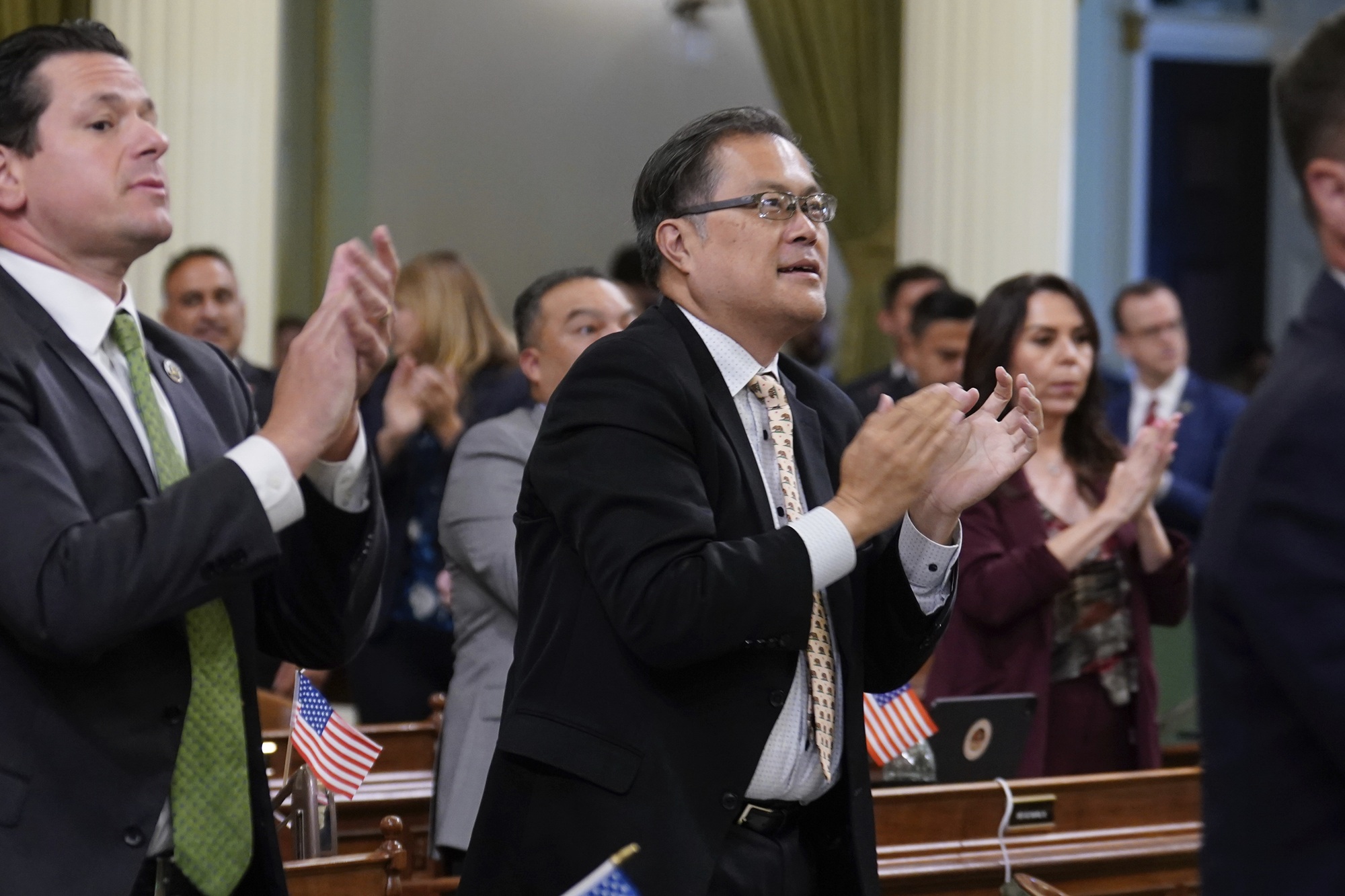
Jack Citrin, a UC Berkeley political science professor who partnered on the poll, expressed some surprise at the lack of Democratic enthusiasm. “That surprised me a little bit, given that this is being pushed so heavily by Newsom and by the Democratic Party nationally that we have to combat Texas,” he told POLITICO.
For many Californians, the results are not shocking. The state’s voters have twice endorsed the independent commission at the ballot box, reflecting deep skepticism toward politicians when it comes to drawing their own districts.
“It’s not surprising, in the sense that California has voted twice for this independent review commission not all that long ago,” Citrin explained. “And there’s a lot of mistrust and cynicism about politicians and the Legislature. That’s reflected here as well.”
That mistrust is rooted in decades of partisan gerrymandering nationwide. California’s commission, established through voter-approved initiatives, was intended to break the cycle of self-serving map-drawing. For many residents, it symbolizes a safeguard against partisan manipulation.
Newsom has framed his proposal as a defensive maneuver against Republican-led states. Texas lawmakers, encouraged by former President Donald Trump, have been pursuing aggressive redistricting efforts aimed at securing additional GOP seats in Congress.
Newsom has argued that California cannot afford to remain passive if Democrats want to retain control of the U.S. House of Representatives.
“We live in the most un-Trump state in America,” Newsom said at a recent press conference, expressing confidence that his plan would resonate with California voters once fully explained. “I think the voters will approve it. I think the voters understand what’s at stake.”
The governor’s strategy centers on passing a constitutional amendment that would temporarily suspend the commission’s role. Instead, maps drawn and approved by the Democratic-controlled legislature would be used for the 2026, 2028, and 2030 election cycles. Afterward, the commission would presumably resume its work.
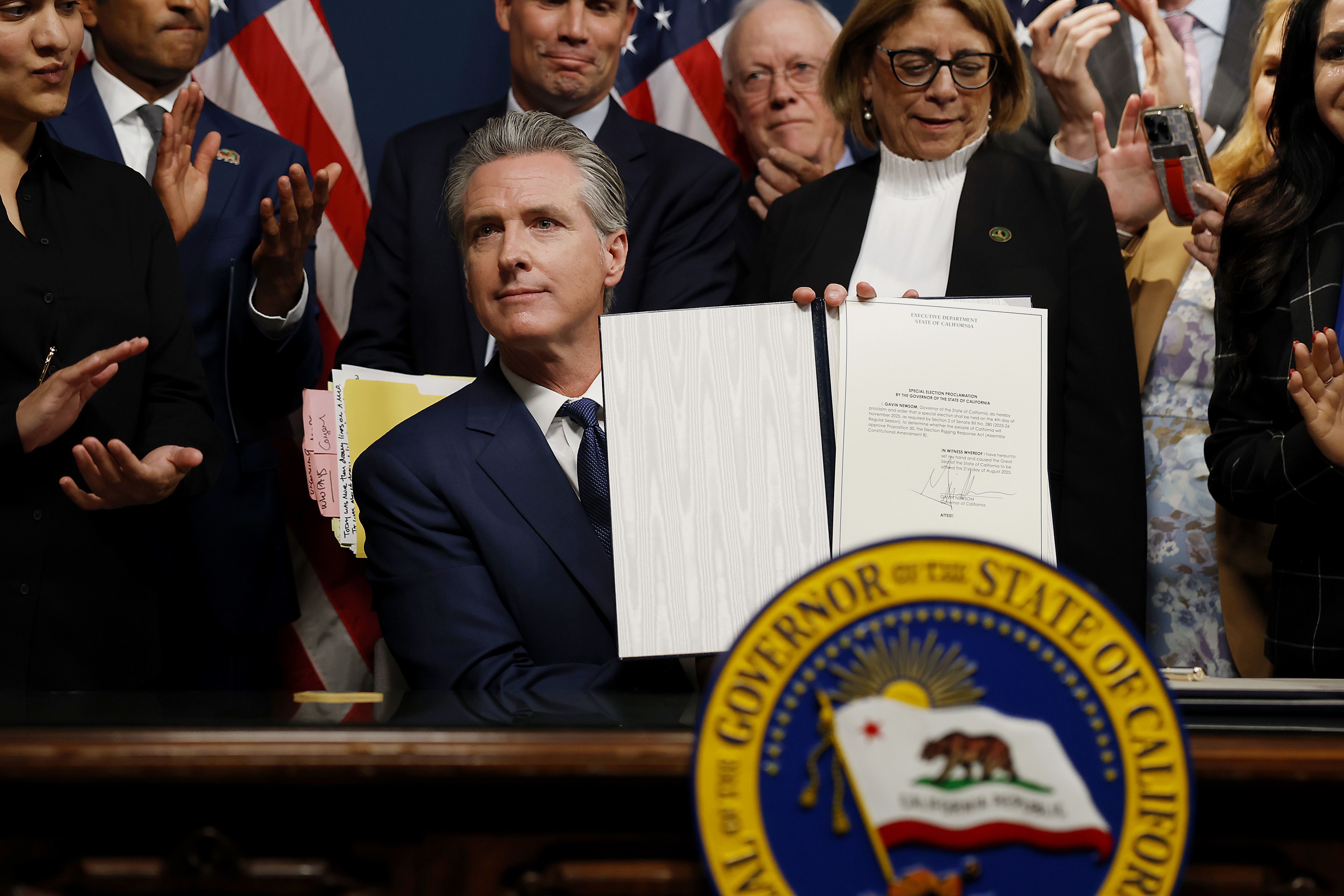
By limiting the change to three election cycles, Newsom appears to be attempting a compromise: not abolishing the commission entirely, but sidelining it long enough to secure short-term partisan advantages.
Newsom’s internal polling reportedly shows more favorable numbers, with a slim majority of voters backing his plan when the proposal is framed in starkly partisan terms.
According to campaign insiders, support increases when the argument emphasizes protecting California’s influence in Congress and countering Republican gerrymanders in other states.
Yet the independent survey paints a different picture, raising concerns about whether Newsom can sell his plan to a broader electorate. Citrin warned that the numbers suggest an uphill climb. “If this is the starting point, then they will have a struggle,” he said.
The discrepancy between internal and external polling highlights a central challenge: while partisan messaging may galvanize Democratic loyalists, it risks alienating independents and reinforcing broader mistrust of political motives.
California’s redistricting battle cannot be viewed in isolation. In Texas, Democratic lawmakers have staged dramatic walkouts to block Republican redistricting plans that could give the GOP as many as five additional congressional seats.
Some Democrats even fled the state to prevent quorum, prompting Republican officials to seek civil arrest warrants to compel their return.
This standoff reached Illinois, where several Texas Democrats sought refuge. On Wednesday, Judge Scott Larson of the Eighth Circuit Court of Illinois denied Texas authorities’ request to enforce civil arrest warrants against the absent lawmakers.

Larson ruled that Texas officials had “failed to present a legal basis for the court” and emphasized that Illinois law enforcement could not enforce civil warrants imposed on nonresidents.
The Illinois decision marked a setback for Texas Republicans and underscored the high-stakes nature of redistricting battles nationwide. For Newsom, it provided a real-time example of the lengths parties are willing to go in order to secure redistricting advantages.
California is widely seen as a Democratic stronghold, but its political map remains influential in determining the balance of power in Congress. The state’s 52 congressional districts give it more seats than any other state, making its redistricting decisions especially consequential.
Despite Democrats’ dominance in statewide politics, voters remain wary of one-party control. Many Californians worry that allowing lawmakers to draw districts would open the door to entrenched incumbency, diluted competition, and weakened accountability.
Independents, who make up a growing share of the electorate, appear particularly resistant to the idea. Their overwhelming support for keeping the commission suggests that any campaign to dismantle or sideline it could face stiff resistance at the ballot box.
For Newsom, the redistricting fight carries both risks and rewards. Successfully passing his proposal would strengthen his national profile as a Democratic leader willing to confront Republican tactics head-on.
It would also cement his influence over California’s political future, potentially boosting Democratic chances of winning back the U.S. House.
But failure could damage his credibility, not only in California but also within the Democratic Party nationally. Critics would likely seize on a defeat as evidence that even deep-blue California voters reject partisan power grabs, undermining Newsom’s broader ambitions.
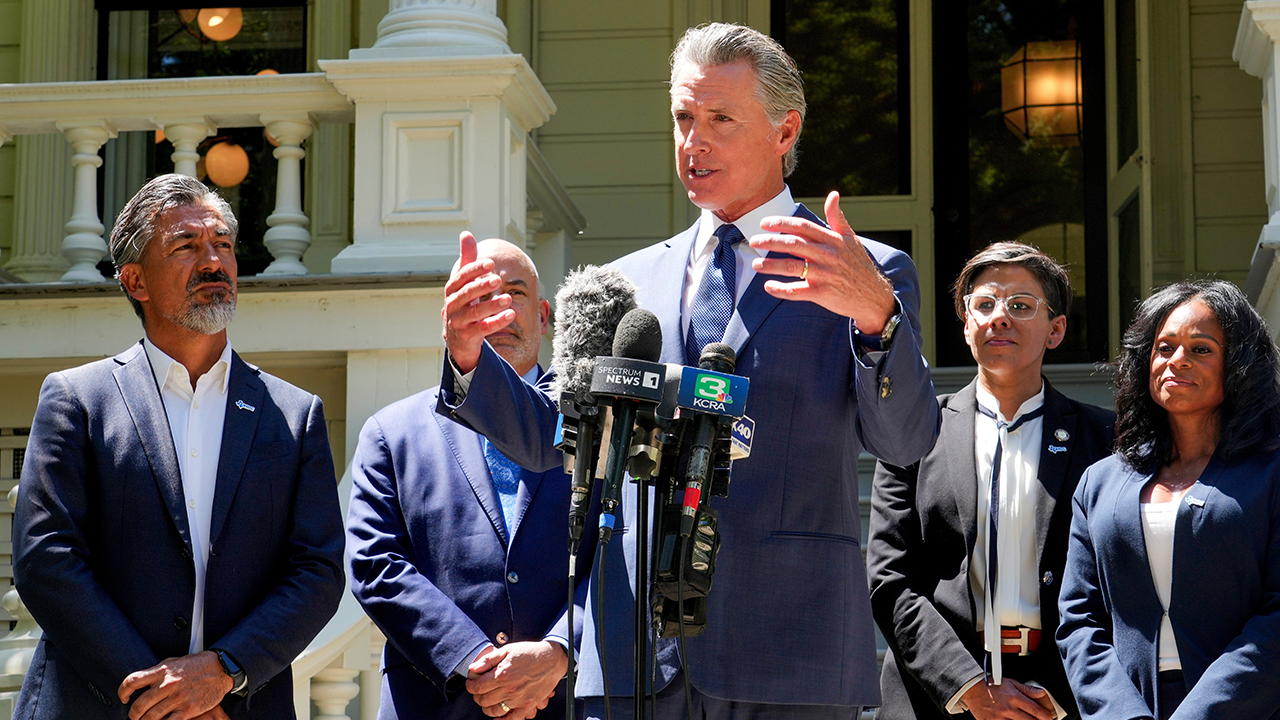
Moreover, the timing of his push complicates matters. California voters are already skeptical of political maneuvering, and the proposal comes at a moment when public trust in government institutions is strained. The perception that politicians are trying to “rig the system” could prove difficult to overcome.
Newsom is expected to formally launch his campaign for legislative control of redistricting this week. His plan would place the issue before voters in a November special election, where turnout dynamics could prove decisive.
Special elections typically attract smaller, more partisan electorates, which could work in Newsom’s favor if Democratic turnout outpaces Republican participation. Still, the broad-based skepticism reflected in the poll suggests that even motivated partisans may struggle to push the measure across the finish line.
Political analysts say Newsom will need to craft a persuasive narrative that frames the proposal not as a partisan power grab but as a necessary response to Republican overreach in states like Texas. That may prove challenging given California’s history of supporting independent redistricting.
The California fight is emblematic of a larger national struggle over control of congressional maps. Both parties recognize that redistricting could determine the balance of power in Washington for the next decade. With slim margins in the House of Representatives, even a handful of seats can tip the scale.
Republicans have moved aggressively in states they control, while Democrats have sought to limit or counteract those efforts. Independent commissions, once hailed as a solution to gerrymandering, are now caught in the crossfire as political leaders reconsider their usefulness when partisan stakes are this high.
For Democrats, California represents both an opportunity and a dilemma. The state’s sheer size makes it a powerful weapon in the fight for congressional dominance, but only if its maps can be redrawn to favor the party. Newsom’s proposal is thus both a test case and a gamble — one that could shape the party’s strategy nationwide.
Governor Gavin Newsom’s push to transfer redistricting authority back to California lawmakers has sparked immediate resistance from voters, as shown by a new survey highlighting widespread support for the independent commission.

With Republicans in Texas and other states pressing their own partisan redistricting plans, the stakes are undeniably high.
But California’s voters appear unwilling to abandon the reforms they previously approved, and skepticism toward political insiders remains strong. Newsom faces the challenge of convincing Californians that suspending the commission is necessary, even as many see the move as undermining democratic safeguards.
As the campaign unfolds, the outcome will reverberate far beyond California. Whether Newsom can overcome voter mistrust and push through his proposal may determine not only the future of his own political career but also the balance of power in Congress for years to come.
